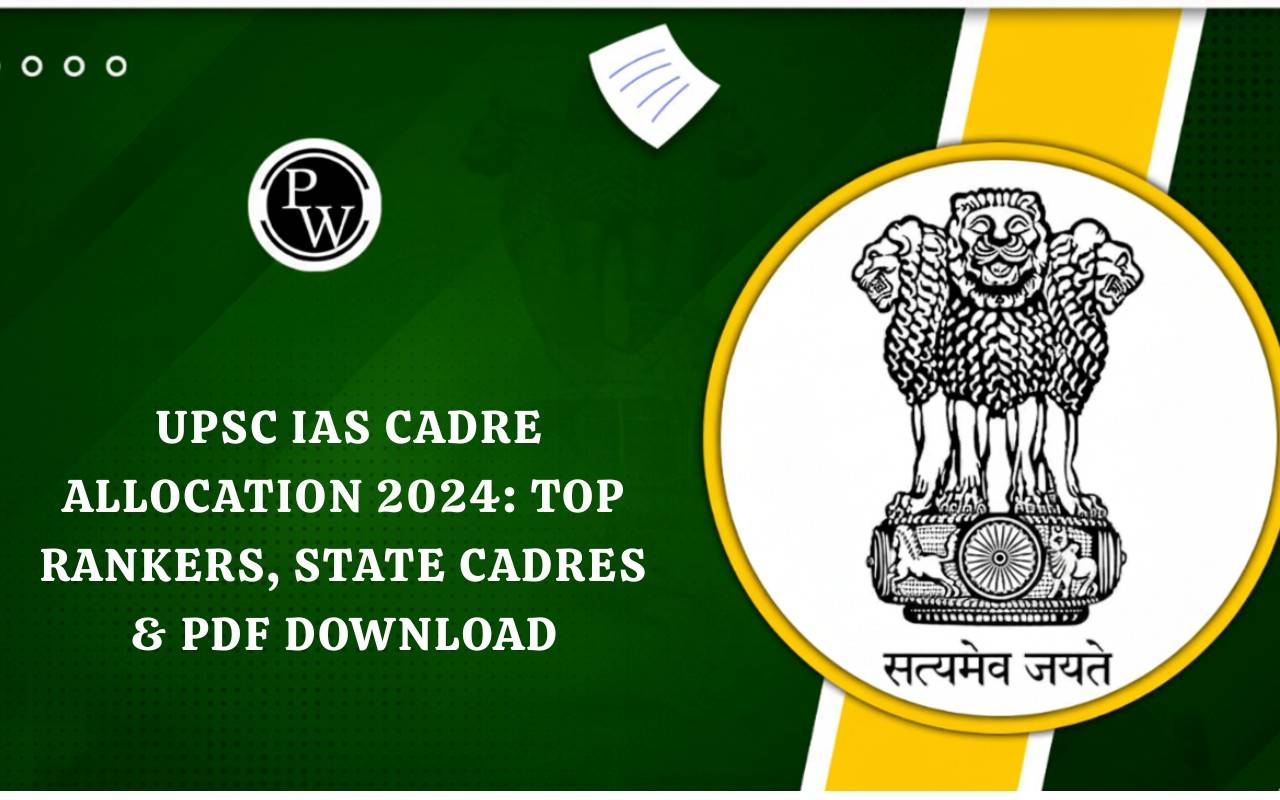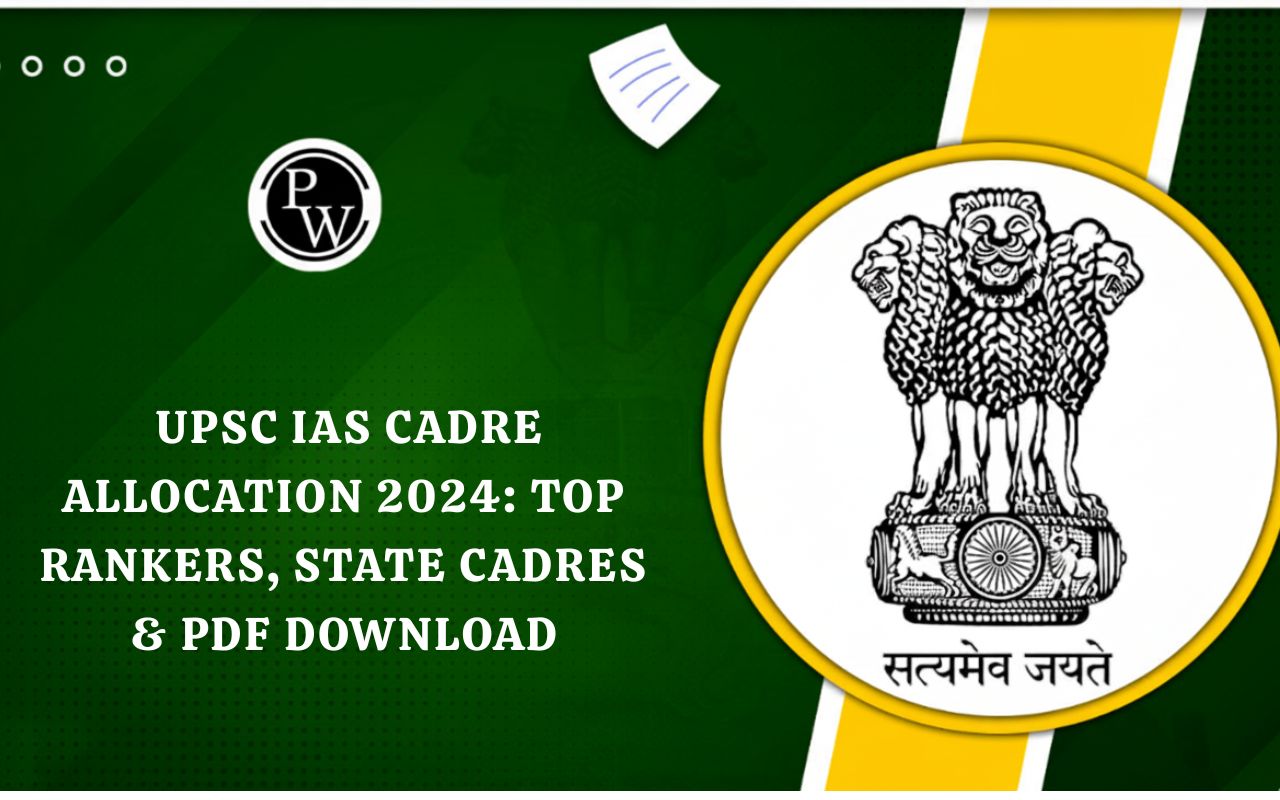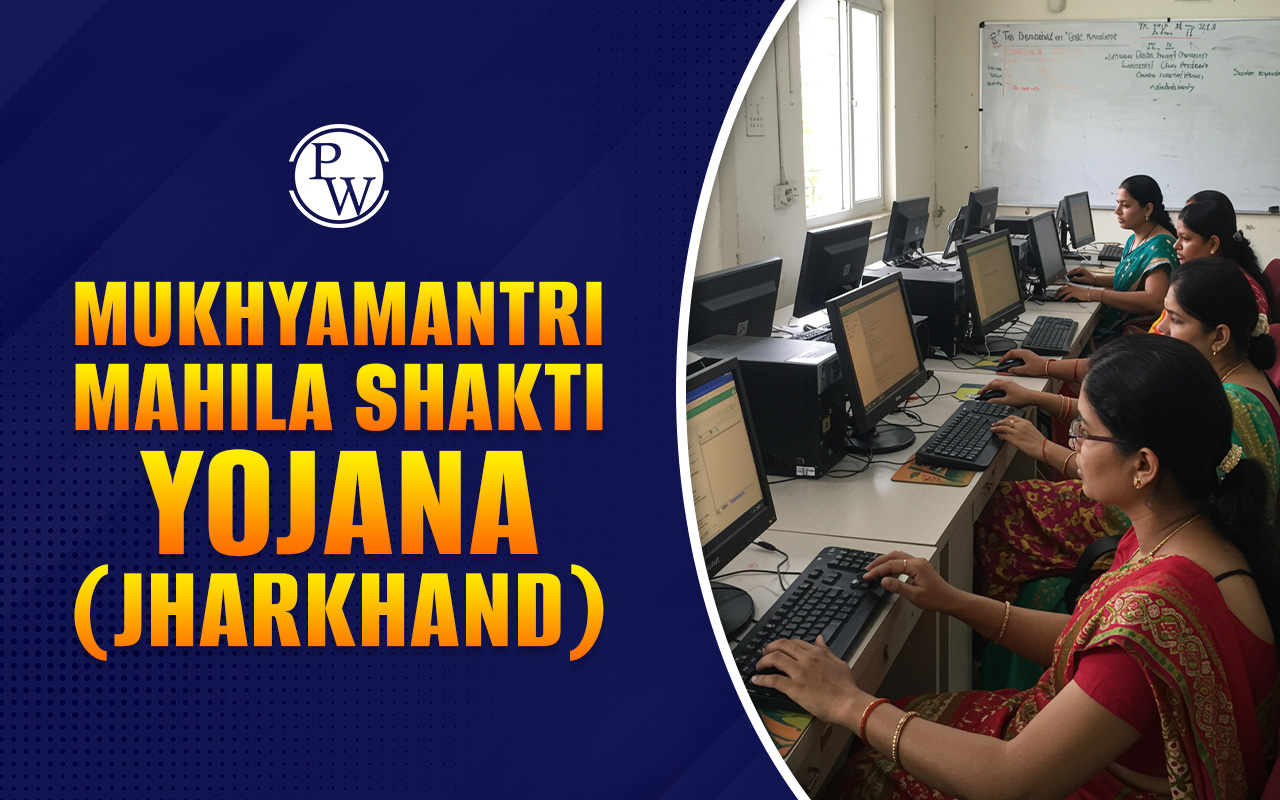
World Health Day 2025 will be organized by the World Health Organization (WHO) on April 7th. It will be celebrated throughout the year with a campaign focusing on maternal and newborn health. The theme for 2025 World Health Day is ‘Healthy Beginnings, Hopeful Futures’ which will call for governments to increase efforts to eliminate preventable maternal and newborn deaths. Read on to learn more about World Health Day 2025!
World Health Day 2025
World Health Day is observed every year on April 7 to raise awareness about critical global health issues. The day marks the founding anniversary of the World Health Organization (WHO) in 1948. World Health Day 2025 aims to reduce maternal and infant mortality rates, ensure access to quality healthcare, and create healthier futures for the next generation.
| World Health Day 2025 Overview | |
| Date | April 7, 2025 |
| Theme | Healthy Beginnings, Hopeful Futures |
| Campaigns | #HopefulFutures, #HealthForAll |
| Campaign Focus | Maternal and newborn health |
| Key Objectives |
|
| Background | Organized by the World Health Organization (WHO) to highlight global health issues and advocate for solutions. |
| Historical Context | First observed in 1950, focusing on various global health challenges each year. |
| Participation Opportunities | Join events, share resources, advocate for women and child health awareness, and support local initiatives. |
World Health Day Theme 2025
The World Health Day 2025 theme is "Healthy Beginnings, Hopeful Futures." This theme highlights the importance of safe pregnancies, quality maternal healthcare, and neonatal well-being. It calls for strengthened healthcare systems, early medical interventions, and improved access to maternal health services globally.
By ensuring comprehensive care during pregnancy, childbirth, and the postnatal period, the theme aligns with global efforts to reduce maternal and infant mortality rates. It highlights the need for awareness campaigns, policy changes, and public-private partnerships to improve healthcare infrastructure, especially in low- and middle-income countries
Also Read: UPSC Syllabus 2025
World Health Day 2025 Campaign
The 2025 campaign aims to create global awareness and encourage governments and healthcare organizations to take decisive steps toward maternal and newborn health. The initiative will focus on:
-
Strengthening maternal healthcare services: Ensuring well-equipped hospitals, trained healthcare professionals, and accessible medical facilities for pregnant women.
-
Increasing awareness: Educating communities about the importance of prenatal and postnatal care, proper nutrition, and essential vaccinations.
-
Reducing disparities: Addressing gaps in healthcare access, particularly in rural and underserved regions.
-
Policy advocacy: Encouraging governments to implement effective maternal and newborn health policies and increase healthcare funding.
Credit: WHO
Through these actions, the campaign seeks to create safer childbirth conditions, improve neonatal survival rates, and promote overall well-being for mothers and infants worldwide.
Why Focus on Women’s and Newborn’s Health?
Women’s and newborn’s health is a crucial public health concern that directly impacts a nation’s well-being and economic growth. Every year, nearly 300,000 women die from pregnancy or childbirth-related causes, and over 2 million babies die in their first month of life. Further, based on current trends, 4 out of 5 countries are off track to meet maternal survival targets by 2030 making it essential to prioritise efforts in this direction.
Why is World Health Day Celebrated?
World Health Day marks the anniversary of the founding of the World Health Organization (WHO) in 1948. Every year this day is observed to raise awareness about significant health issues affecting people worldwide. The initiative serves as a global platform to:
-
Highlight key health concerns across the world.
-
Encourage governments and organizations to invest in healthcare improvements.
-
Promote preventive healthcare and healthy lifestyle choices.
-
Mobilize communities to take action on public health issues.
Every year, WHO selects a theme that reflects current global health challenges. In 2025, maternal and newborn health is in focus, as ensuring a strong start to life is essential for long-term well-being and societal progress.
India’s Initiatives for Maternal and Newborn Health
India has taken several steps to improve maternal and newborn healthcare. These initiatives aim to provide financial aid, quality healthcare services, and awareness programs for mothers and infants. Some key government schemes include:
-
Surakshit Matritva Aashwasan (SUMAN): Ensures free, respectful healthcare for all women and newborns at public health facilities, aiming to end preventable deaths.
-
Pradhan Mantri Surakshit Matritva Abhiyan (PMSMA): Provides free antenatal checkups on the 9th of every month at government centers to detect high-risk pregnancies.
-
Janani Suraksha Yojana (JSY): Offers financial support to pregnant women, especially in rural areas, to promote institutional deliveries.
-
Pradhan Mantri Matru Vandana Yojana (PMMVY): Provides cash incentives for the first live birth, covering medical costs and nutrition.
-
Labour Room Quality Improvement Initiative (LaQshya): Enhances the quality of labor rooms to ensure safer deliveries.
-
Village Health, Sanitation, and Nutrition Day (VHSND): Provides maternal and child care services through Anganwadi centers.
-
Mother and Child Protection (MCP) Card & Safe Motherhood Booklet: Educates women on health, nutrition, and available services.
-
Reproductive and Child Health (RCH) Portal: Tracks services for pregnant women and newborns to ensure timely care.
These initiatives have contributed to reducing maternal mortality rates (MMR) and neonatal mortality rates (NMR) in India. However, continued efforts are required to bridge healthcare gaps, particularly in remote and underserved areas.
World Health Day 2025 Significance
The significance of World Health Day 2025 lies in its call for action toward maternal and newborn health. The observance aims to:
-
Encourage early medical interventions to reduce complications during pregnancy and childbirth.
-
Promote awareness campaigns to educate mothers and families about prenatal and postnatal care.
-
Advocate for policy reforms to ensure equitable healthcare access for all.
-
Strengthen global partnerships to support maternal and child health programs worldwide.
In conclusion, World Health Day 2025 sheds light on maternal and newborn health, urging collective action to provide quality healthcare for mothers and infants. Stronger healthcare systems, awareness, and policy support can ensure healthier lives and a better future for upcoming generations.
For UPSC aspirants, understanding such global health initiatives is crucial for GS papers and essay writing. Enhance your preparation with PW UPSC Courses, enroll now!
World Health Day 2025 FAQs
World Health Day is celebrated on which date?
What is the history of World Health Day?
What is the theme of World Health Day 2025?
Why is maternal and newborn health important?
What is the World Health Organization?










